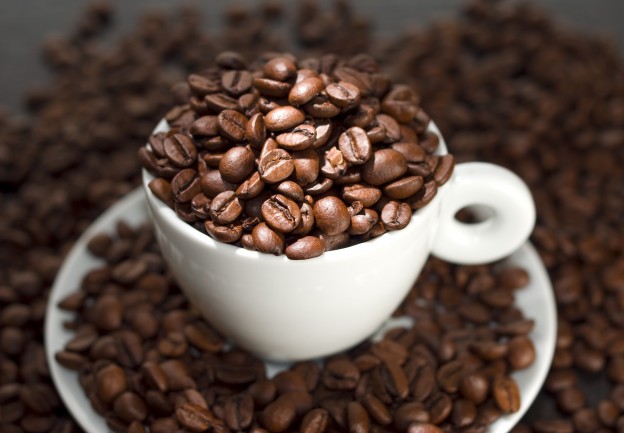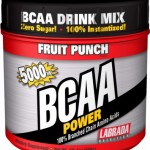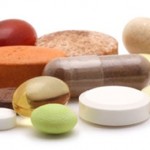Blog Entry #107
By Admin – Steroidal.com
Caffeine, which is probably the most famous of all stimulant drugs, causes hormonal changes when ingested, not just increasing alertness and concentration.
Caffeine is a useful stimulant to athletes and bodybuilders and is contained in the majority of pre-workout supplements due to its potent effects on cognitive function and mood. Doses range from 100mg, which is approximately the dosage found in a cup of coffee, right up to a few hundred milligrams.
As well as increasing concentration, coffee and caffeine can also make your Anavar dosage more effective by helping with absorption.
Caffeine, unfortunately, isn’t a perfect stimulant. Some people are very sensitive to caffeine’s effects and can experience heart palpitations, insomnia, nervousness and restlessness, stomach irritation, nausea and vomiting, increased heart rate and respiration problems. Caffeine also causes cortisol, the stress and muscle-eating hormone, to rise after administration, so it should be used at the correct dose and sparingly at larger doses.
However, the hormonal changes are not all bad. Today, we’re going to look at a 2008 study conducted at the Food Research Institute of New Zealand, and published in the International Journal of Sport Nutrition and Exercise Metabolism. The study looked at the effects on testosterone and cortisol when varied doses of caffeine were given orally.
Twenty-four professional rugby-league players were given caffeine pills dosed at 0, 200mg, 400mg, and 800mg in a random order, 1 hour before their resistance-exercise session began. Power and strength training will cause testosterone levels to rise slightly, probably due to adrenalin being secreted and that enhancing second messenger signals, such as LH and FSH, on the testes.
After the power training, the rugby player’s testosterone level rose by 15%, but in the 800mg caffeine group there was a 21% rise. 800mg is a hefty dose and we don’t suggest trying to replicate this results by going and drinking 8eight cups of coffee before your next training session.
Cortisol was also increased, primarily due to the massive caffeine dose of 800mg by 51%, but the ratio of testosterone:cortisol decreased by 14%, creating a less favourable environment for muscle growth.
The New Zealand researches conclude, “Caffeine has some potential to benefit training outcomes via the anabolic effects of the increase in testosterone concentration, but this benefit might be counteracted by the opposing catabolic effects of the increase in cortisol and resultant decline in the testosterone:cortisol ratio.”
References:
Int J Sport Nutr Exerc Metab. 2008 Apr;18(2):131-41.







